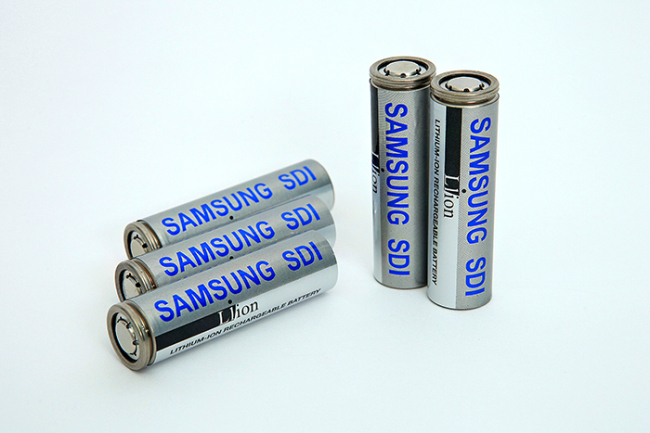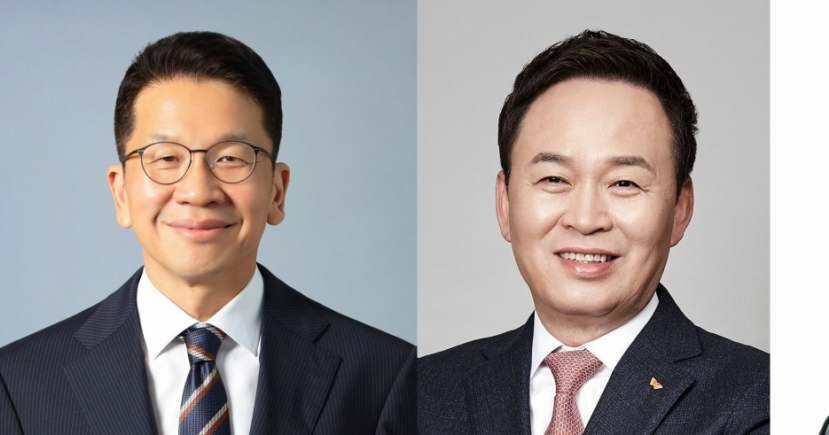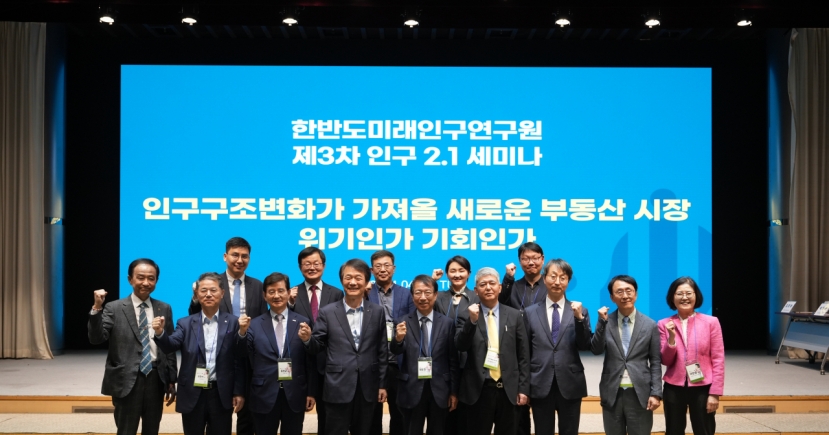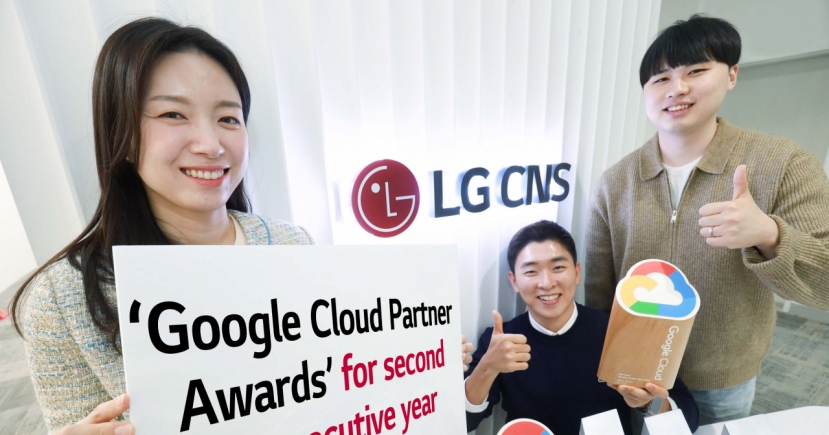Samsung
Samsung SDI planning new battery facilities: sources
[THE INVESTOR] Samsung SDI, one of the world’s leading battery makers, is likely to build additional manufacturing lines for cylindrical batteries to meet the growing demand, according to sources on Feb. 6.
Inundated with supply orders from its clients around the world, Samsung has been running battery factories in Korea, China and Malaysia at full throttle. The company is now considering adding new manufacturing lines.
 |
“The company is planning to build new lines at the existing plants to keep up with the increasing demand,” said an official from Samsung SDI, adding “The details have not been finalized and can change depending on market conditions.”
Cylindrical batteries, which have a wide range of applications from laptops to electric drills, have come into the spotlight in recent years as they are utilized in Tesla’s electric car models.
A global supply crunch over the next-generation of cylindrical batteries, called 21700 battery cells, has hit.
The 21700 batteries are 21 millimeters in diameter and 70 millimeters in height. They are used in Tesla’s Model 3 cars and have a capacity that is 50 percent larger than the older 18650 batteries, which measure 18 millimeters in diameter and 65 millimeters in height.
Tesla consumes most of the world’s supply of 21700 batteries, producing them jointly with Japanese tech firm Panasonic at its Gigafactory in Nevada.
Samsung SDI and LG Chem both make 21700 batteries, fueling speculation that the batteries produced at SDI’s planned facilities would power some of Tesla’s Model 3 low-end electric cars. But the chances of Tesla straying from its exclusive partnership with Panasonic are slim, according to industry officials.
“As Panasonic is facing hurdles in providing its cylindrical batteries to other companies in the non-EV industry, many global firms have been turning their eyes to Korean battery firms Samsung SDI and LG Chem,” one industry official said.
The global shipment of cylindrical batteries from January to November last year accounted 34.7 percent of the entire EV battery market, up from 32.7 percent a year earlier, according to market research firm SNE Research.
Pouch and rectangular-shaped batteries accounted for 24.1 percent and 41.1 percent, respectively, down from 16.7 percent and 50.6 percent from a year earlier.
By Kim Young-won (wone0102@heraldcorp.com)


![[Exclusive] Korean military set to ban iPhones over 'security' concerns](http://res.heraldm.com/phpwas/restmb_idxmake.php?idx=151&simg=/content/image/2024/04/23/20240423050599_0.jpg)




![[Herald Interview] Bridging Korea, Philippines for better future](http://res.heraldm.com/phpwas/restmb_idxmake.php?idx=151&simg=/content/image/2024/04/23/20240423050735_0.jpg)
